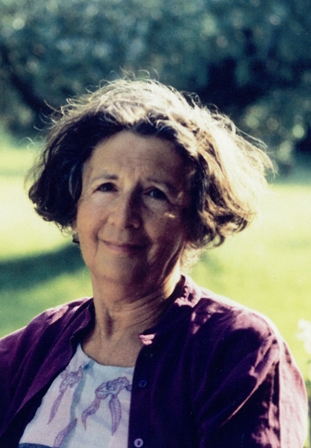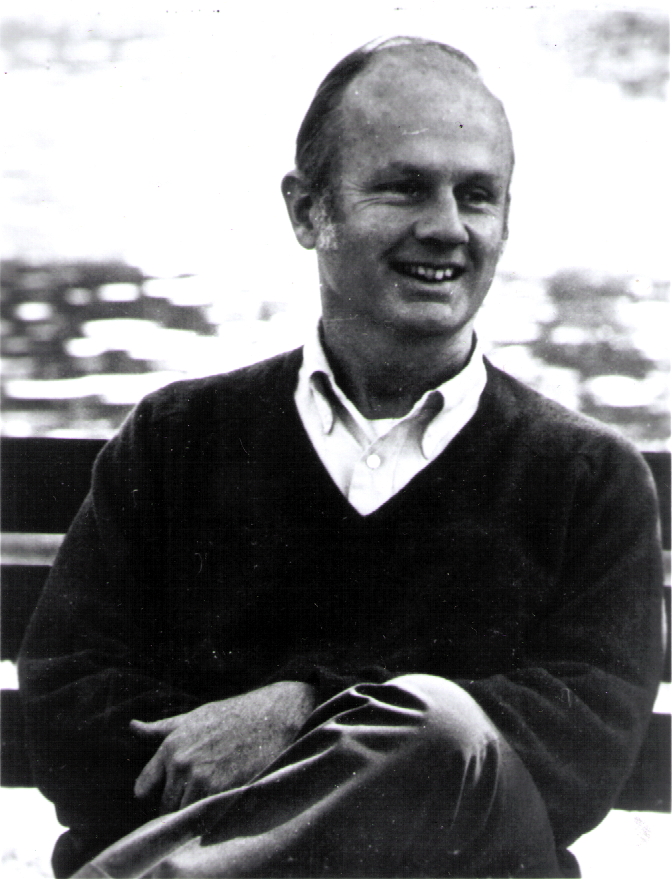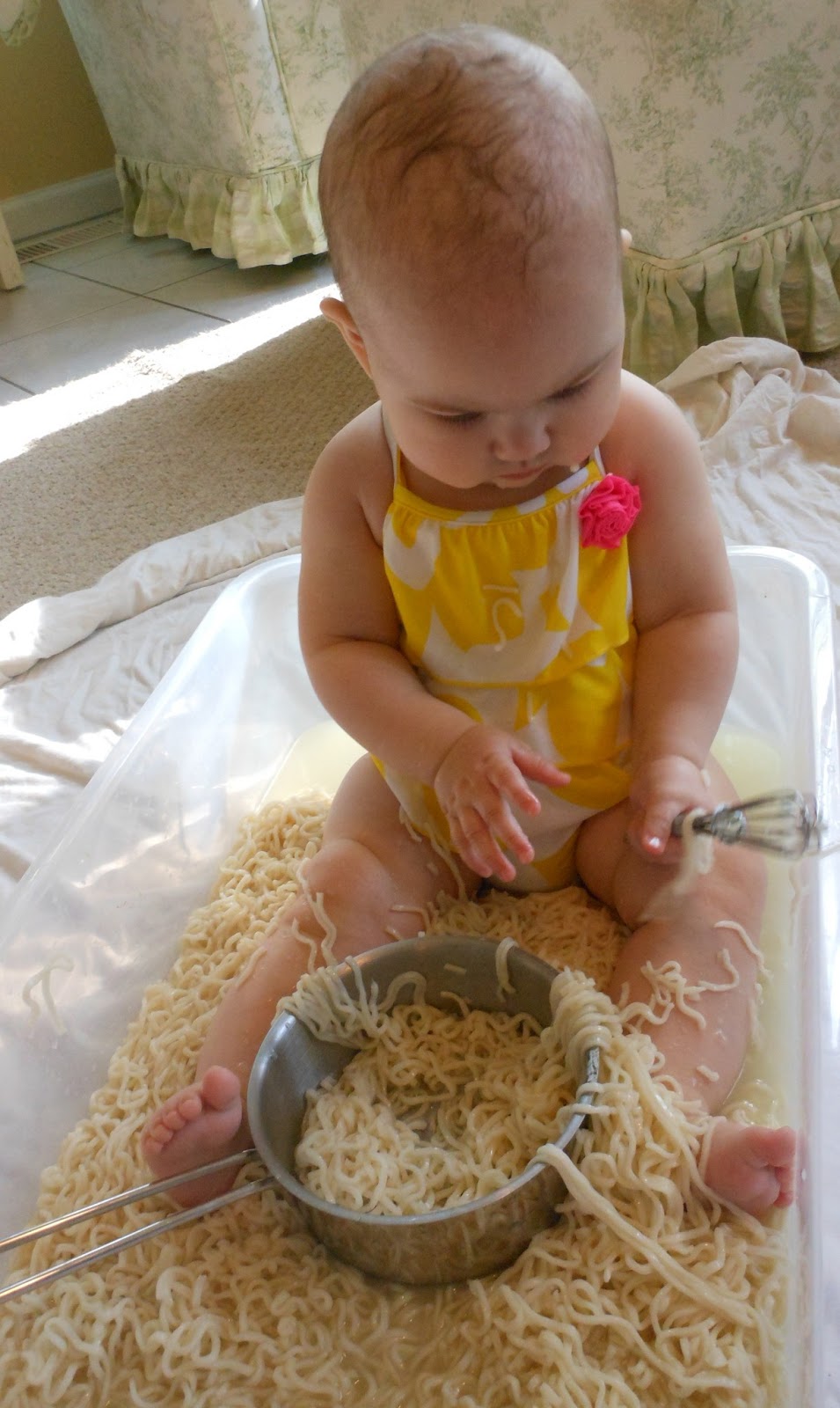The following essays comprise Section Five of Everything Voluntary: From Politics to Parenting, a book compiled by the editor, Skyler J. Collins, and intended to introduce the philosophy of peaceful, respectful, effective parenting.
Natural Born Bullies, by Robin Grille

It’s been shown that violent children come from violent or neglectful homes. This matter has been put to rest. But only about half of abused children grow up to be abusive. Why? Individuals who remain convinced that verbal or physical assaults against them were ‘deserved’ are significantly more likely to act out violently.
This is also true for violence witnessed against others. Bandura (1973) refers to a study that found that children displayed much more imitation of violent behaviors depicted on video, if these behaviors were approved by an adult, less so if the adult was silent, and even less if the adult expressed disapproval of the video violence. Children who grow up believing that being hit is what they well-deserved, go on to be more accepting of and de-sensitized to violence in general. They are candidates for the ranks of bullies, victims, or both. Read the full thing »
Childhood: The Unexplored Source of Knowledge, by Alice Miller
 Sufficient scientific evidence has been marshaled to refute the notion that some people are just “born bad.” This absurd myth, encountered in almost all cultures, has been effectively exploded. It is dead, but it refuses to lie down. We know today that the brain we are born with is not the finished product it was once thought to be. The structuring of the brain depends very much on experiences gone through in the first hours, days and weeks of a person’s life. The stimulus indispensable for developing the capacity for empathy, say, is the experience of loving care. In the absence of such care, when a child is forced to grow up neglected, emotionally starved, and subjected to physical cruelty, he or she will forfeit this innate capacity. Read the full thing »
Sufficient scientific evidence has been marshaled to refute the notion that some people are just “born bad.” This absurd myth, encountered in almost all cultures, has been effectively exploded. It is dead, but it refuses to lie down. We know today that the brain we are born with is not the finished product it was once thought to be. The structuring of the brain depends very much on experiences gone through in the first hours, days and weeks of a person’s life. The stimulus indispensable for developing the capacity for empathy, say, is the experience of loving care. In the absence of such care, when a child is forced to grow up neglected, emotionally starved, and subjected to physical cruelty, he or she will forfeit this innate capacity. Read the full thing »
Why Do We Hurt Our Children? by James Kimmell

We do not know when punishment first became a method used to direct children’s development. I have never read about a hunter-gatherer society that punishes their children as part of child care. In ancient civilizations, and throughout the history of civilization, punishing children was a common practice (deMause), and the practice continues today in much of the civilized world. Punishment is and has been a commonly accepted part of American child-rearing (deMause, Beekman). It is perceived as a legitimate and appropriate form of discipline. Its legitimacy in human relationships has few parallels in American life, especially since the abolition of slavery. Other than children, only convicted criminals are legally allowed to be punished. But children do not even have the rights of criminals, as they are allowed to be punished without a trial. The closest parallel to punishing children would be the punitive ways in which we domesticate and train young animals so that they will serve, submit to, and entertain us. When we punish our children, we serve to perpetuate the Western civilization belief that children are, like animals, inferior beings who need to be tamed, trained, and controlled. Read the full thing »
On Seeing Children as “Cute”, by John Holt
 We should try to get out of the habit of seeing little children as cute. By this I mean that we should try to be more aware of what it is in children to which we respond and to tell which responses are authentic, respectful, and life-enhancing, and which are condescending or sentimental. Our response to a child is authentic when we are responding to qualities in the child that are not only real but valuable human qualities we would be glad to find in someone of any age. It is condescending when we respond to qualities that enable us to feel superior to the child. It is sentimental when we respond to qualities that do not exist in the child but only in some vision or theory that we have about children. Read the full thing »
We should try to get out of the habit of seeing little children as cute. By this I mean that we should try to be more aware of what it is in children to which we respond and to tell which responses are authentic, respectful, and life-enhancing, and which are condescending or sentimental. Our response to a child is authentic when we are responding to qualities in the child that are not only real but valuable human qualities we would be glad to find in someone of any age. It is condescending when we respond to qualities that enable us to feel superior to the child. It is sentimental when we respond to qualities that do not exist in the child but only in some vision or theory that we have about children. Read the full thing »
10 Ways We Misunderstand Children, by Jan Hunt

We somehow forget what it was like to be a child ourselves, and expect the child to act like an adult instead of acting his age. A healthy child will be rambunctious, noisy, emotionally expressive, and will have a short attention span. All of these ‘problems’ are not problems at all, but are in fact normal qualities of a normal child. Rather, it is our society and our society’s expectations of perfect behavior that are abnormal. Read the full thing »
Raising Children Compassionately, by Marshall Rosenberg
 This objective of getting what we want from other people, or getting them to do what we want them to do, threatens the autonomy of people, their right to choose what they want to do. And whenever people feel that they’re not free to choose what they want to do, they are likely to resist, even if they see the purpose in what we are asking and would ordinarily want to do it. So strong is our need to protect our autonomy, that if we see that someone has this single-mindedness of purpose, if they are acting like they think that they know what’s best for us and are not leaving it to us to make the choice of how we behave, it stimulates our resistance.
This objective of getting what we want from other people, or getting them to do what we want them to do, threatens the autonomy of people, their right to choose what they want to do. And whenever people feel that they’re not free to choose what they want to do, they are likely to resist, even if they see the purpose in what we are asking and would ordinarily want to do it. So strong is our need to protect our autonomy, that if we see that someone has this single-mindedness of purpose, if they are acting like they think that they know what’s best for us and are not leaving it to us to make the choice of how we behave, it stimulates our resistance.
I’ll be forever grateful to my children for educating me about the limitations of the objective of getting other people to do what you want. They taught me that, first of all, I couldn’t make them do what I want. I couldn’t make them do anything. I couldn’t make them put a toy back in the toy box. I couldn’t make them make their bed. I couldn’t make them eat. Now, that was quite a humbling lesson for me as a parent, to learn about my powerlessness, because somewhere I had gotten it into my mind that it was the job of a parent to make a child behave. And here were these young children teaching me this humbling lesson, that I couldn’t make them do anything. All I could do is make them wish they had. Read the full thing »
Born to Explore, by Missy Willis

As parents, it is critical that we recognize the role of curiosity in shaping our children’s lives. We must respect this innate characteristic by responding to our children positively when they seek to learn. They should not be punished for touching things in their own home or even a home they are visiting. They should not be scolded for being creative with the things they find, like taking all the Kleenexes out of the box and tossing them into the air, watching them fall like little parachutes. They should not be reprimanded for doing what they were created to do, which is to explore their surroundings. Constant parental utterings of ‘No, no, no.’ can be confusing to a child. When they gravitate to something of interest, it is far better for parents to follow their child and work with them to explore the newfound interest. Whether it is a plant, a plastic bowl, the remote control, or a silky scarf, talk to your child about what she is seeing and what she is feeling. Describe it to her using rich and vibrant language. Touch it with her. Make relevant associations and pave the way for her to make connections between what she found and the larger world. Validate her interest and in doing so you are teaching your child about the immediate world in which she lives and inevitably building upon her developing language skills. Now, honestly, isn’t that more fun than resorting to ‘No, no. Don’t touch.’? Read the full thing »